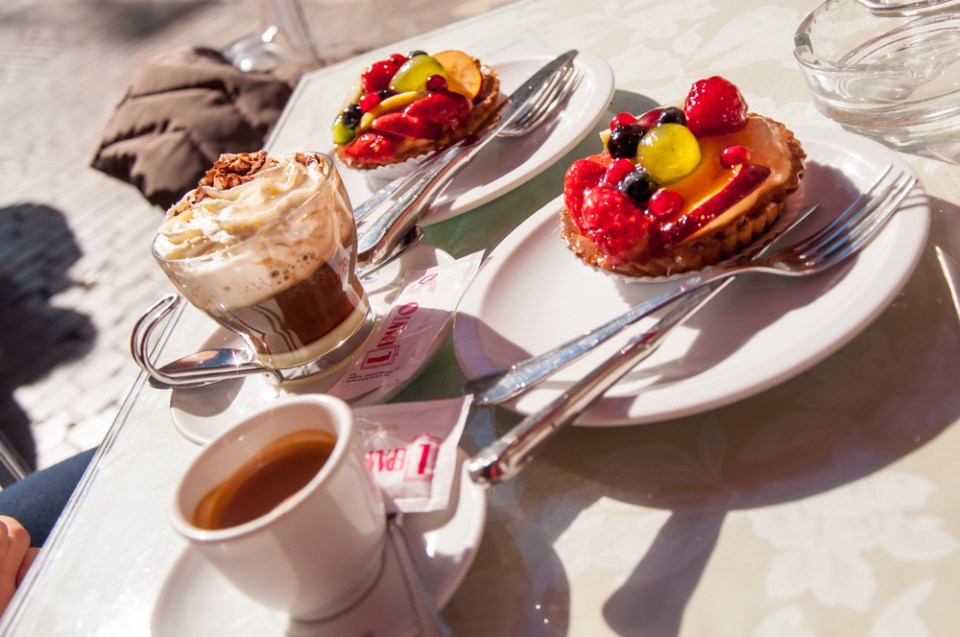Malaga is a beautiful cosmopolitan city that enchants anyone who visits it. It is the capital of the Costa del Sol, in the south of Spain, an Andalusian province that overflows with culture, gastronomy, and history.
It has a vibrant and diverse culture since, throughout history, it has been influenced by people of different regions, as happened with the arrival of the Phoenician navigators or with the Muslim settlements.
And that’s not all; Malaga also has the particularity of hiding several curiosities, which makes it even more special. Interests are well known by the locals but are a surprise for those who visit the city.
Therefore, if you are on vacation or taking a Spanish course in Malaga, read this article that will tell you all the city’s secrets so you can get to know it in depth and observe them with your own eyes!
The city is beautiful and invites you to visit its museums, know its art, taste its gastronomy, share its traditions, and many other things. It is perfect, so many international students choose it as a destination to learn the language through the Spanish courses Málaga. Thus, they not only learn Spanish but can also enjoy the beauty and wonders this city offers.
Without further ado, let’s see what those curiosities give a special touch to Malaga.
In Malaga, coffee is ordered differently
In most cities in the world, coffee is coffee, period. If you want to have a coffee, you order a coffee that is more than enough; at most, you ask for a bit of milk or something like that. However, in Malaga, the task is a bit more challenging; since there are ten different measures to order a coffee.
Coffee, cream, fruit tarts and lots of sunlight in Malaga, Spain
Photo by depositphotos.com
The mesures are: Solo, Largo, Semi Largo, Solo Corto, Mitad, Entre Corto, Corto, Sombra, Nube, and No me lo ponga.
This usually generates so much confusion among tourists that one of the essential coffee shops in the city (Café Central) made a mural with tiles where all the measures are expressed with their names.
Every Holy Week, the city of Malaga frees a prisoner
There is a very particular custom, which has a tradition of a little more than 270 years: to release a prisoner when Easter arrives. King Carlos III was the one who granted this privilege through the brotherhood of “Jesus el Rico” in the eighteenth century. There were very few years in which no one released some reason or…
Click Here to Read the Full Original Article at Unusual Places…
